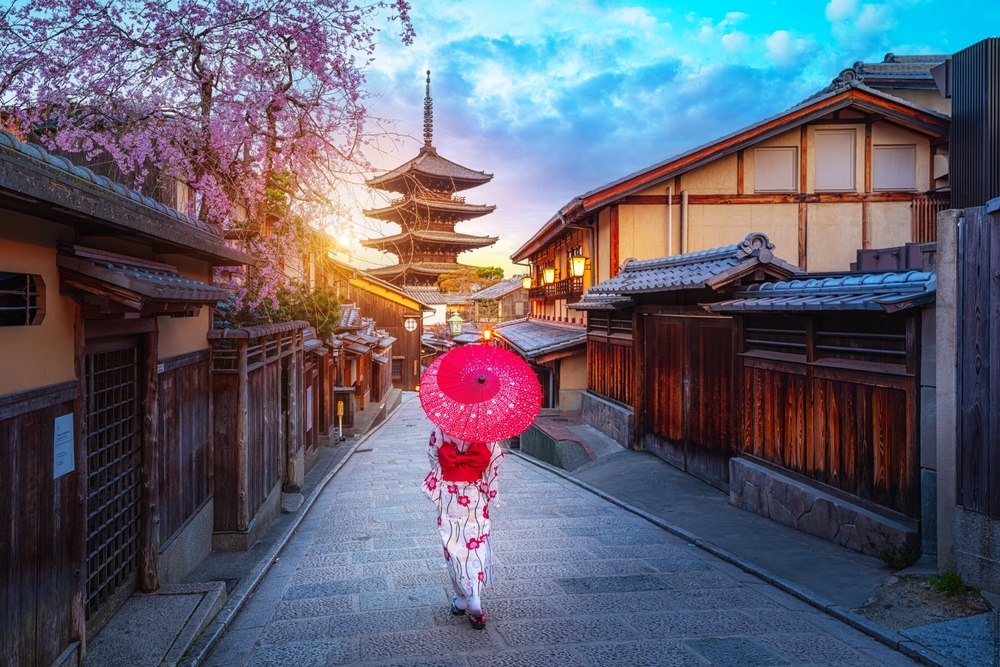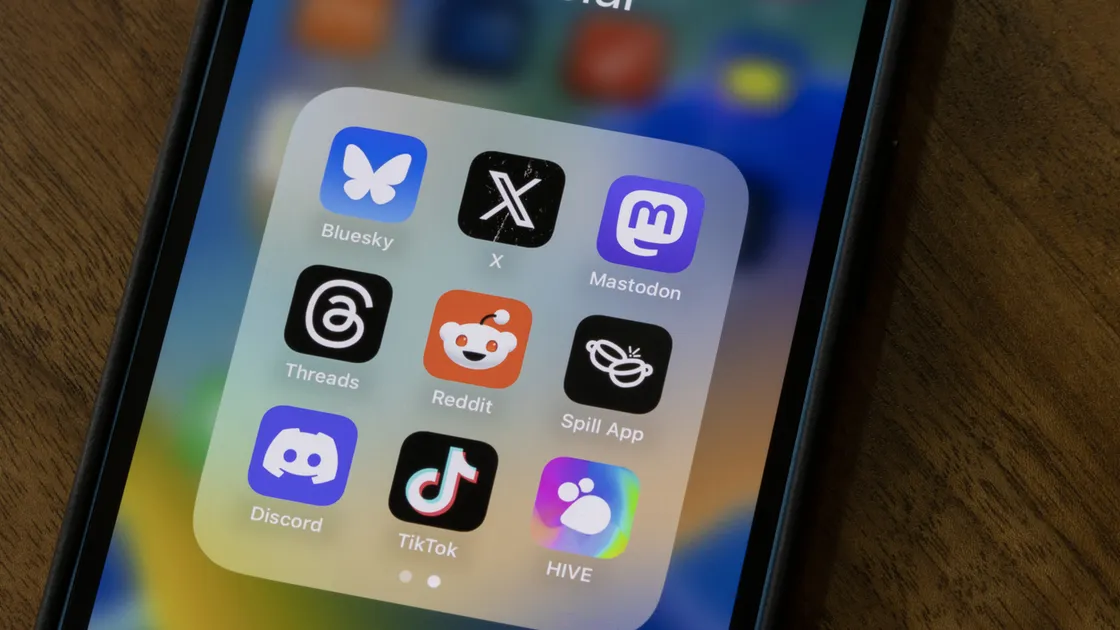Landscape of Japanese Marketing Culture

Having success in the intricate landscape of Japanese marketing culture requires understanding of Japan’s unique culture along with the people’s unique consumer behaviors and cultural mannerism.
Japan heavily puts importance on quality and precision, and therefore the marketing strategy must resonate with these values for success.
This article will dive into culture and people of Japan to help you find opportunities and success with marketing in Japan.
Marketing Culture of Japanese People
Japan’s marketing culture is heavily affected by the unique consumer behavior of Japanese people. Japanese consumers focus on quality and credibility when it comes making purchase decision.
Here are some of the traits of Japanese culture to note when marketing in Japan.
”Omotenashi”: Japanese Hospitality
Japan has always valued their hospitality mindset known as “Omotenashi”. The term is defined by entertainment and treatment of someone with wholeheartedly.
Omotenashi puts emphasis on genuine hospitality and service with host’s sincere intentions to bring happiness and joy to the guest without expecting anything in return.
The customer-centric approach of Omotenashi by Japanese has been enrooted in their culture and history of tea ceremony celebrations, where the hosts serve tea to their guests with extreme focus and anticipation of what the guests desire.
Given the hospitality culture enrooted in Japan, it is important to encompass empathy and be able to efficient communicate your thoughtfulness toward Japanese consumers through your marketing strategies.
How collectivism affect consumer behavior in Japan
Japanese people are always characterized by their collectivist behavior, which drives them to make decisions based on the majority.
Evidence for this can be specifically seen in 2020, where covid was dominating and it became mandatory for the Japanese citizens to wear mask during their outdoor activities. Due to collectivist culture of Japanese people, those who were not obedient to the rules and were not wearing mask experience backlash from the majorities of the citizens.
Now you may ask how does this play a role in Japan’s marketing culture? Given Japanese citizen’s collectivist nature, it is important to be aware that word of mouth is important factor when it comes to delivering your brand to Japan.
As both positive and negative can spread fast among Japanese people, it is important to have a deep understanding of Japan’s demographic and therefore, you should not carelessly deliver your brand message and identity to Japan.
Changes in Consumer Behavior of Japanese due to Economy
Despite the given nature of Japanese people and how it greatly influences Japan’s marketing culture, there has been a shift in Japan’s consumer behavior due to their decline in Economy. Great decline in value of yen has led to younger generations with less materialism due to tighter budget.
Consumers in Japan tend to be very brand loyal, however is proven to be true specifically for the older population in relation to the newer generations. Almost 50% of the population relies on social media and follows influencers for opinions and reviews when making purchasing decisions.
Furthermore, Japan consumers have been proven to value quality over quantity, however the massive economical shift have changed Japanese consumers and led to favoring of products/services with lower qualities and prices.
It can be clearly assumed that ratio between quality and price must be careful set to penetrate the Japanese market in the upcoming years.
It is important to note, with the ongoing decline in economy of Japan along popularity in Japanese influencers, having a strategical marketing plan and relying on the right Japanese influencers would be crucial to finding success and blending into their marketing culture.
Advertising Channels and Media Usage in Japan’s Marketing Culture
Despite the arising popularity of social media and influencers among Japanese people for making purchasing decisions, televisions still remain a popular channel among Japanese culture.
In 2023, it was recorded that Japan spent over 1600 billion for broadcast television advertisement. In addition to broadcast television, satellite and cable TV proves effective when reaching out to niche audiences making them suitable channels for targeted advertising.
Furthermore, Japan’s advertising is more leaned towards soft sell strategy for their advertising, giving the viewers rewarding experience.
It is true that television still remains popular in Japan, however, the Covid pandemic led to acceleration in popularity of digital media channels and led to Japan’s media users to be over-consumed with online contents.
As a result, companies and add agencies have been shifting their investments in new media platforms to adjust to the changing Japanese marketing culture.
Branding Strategy for Japanese Marketing Culture
There are many branding strategies for making your brand attractive among consumers in Japan.
One specific and effective strategy would be limited-time marketing, in which a company releases certain product/service for only specific period of time.
Utilizing limited-time marketing with a Japanese influencer is proved to be effective as it able to enhance loyalty among the existing customers while increasing brand awareness.
Moreover, limited packaging designs can stimulate purchasing decisions among Japanese consumers and create a sense of urgency. This strategy leverages the earlier concept of “omotenashi”, as it emphasizes consideration toward the Japanese consumers.
More importantly, with collaborations of Japanese influencers with “omotenashi” spirit, brands can further deepen connections with the new and existing consumers.
Region-based limited Marketing in Japan
One effective way for creating value through limited marketing is to sell product/service within a specific region.
This way of creating value not only fosters a sense of exclusiveness among Japanese consumers, but also helps brand increase awareness as the Japanese consumers share their experiences on social media.
Collaborating with a Japanese influencer to spread awareness among their viewers would be a perfect opening for this strategy.
Anime Trend and Culture in Japan for Marketing
Most foreigners may know Japan from their popularized anime culture and you may be surprised to hear how they play effectively in relation to Japanese marketing culture.
Japanese anime is used for marketing to target not only Japanese consumers, but also to global fans outside Japan. Companies choose to collaborate with famous anime that resonates with their brand image to stimulate awareness, while effectively communicating their brand image.
This marketing strategy specifically effective for Japanese consumers who are in 10s and 20s, as citizens in this age range are major anime viewers.
Seasonal Promotions for Exclusive Marketing
Another effective Strategy for exclusive marketing for Japanese consumers would be seasonal promotions.
This limited marketing is applicable for all year round and effective for creating awareness and urgency among Japanese consumers. Given that Japan notably has 4 different seasons, it is easy to create exclusiveness by marketing a product/service that is aligned with each of the seasons.
Having a product released at given season can generate sense of change in time and specialness among Japanese consumers, while causing them to feel sense of urgency and purchasing desire.
New Regulations and Limitations on Digital Marketing Culture
Despite the rise in popularity in digital marketing, regulations have been refined in Japan during late 2023 to specifically limit companies from marketing “stealthily”.
Stealth marketing refers to act of promoting a product or service in a concealed manner for less promotional and natural advertising.
Specifically, for influencer marketing, they are not allowed to promote a product/service in their contents without claiming that it involves advertisement/partnership.
Companies seeking to collaborate with Japanese influencers for advertisements must be extra cautious, as they are the only subjected to these new regulations (not the influencers).
Kumamon: Successful case in Japan’s Marketing Culture
Given that we have looked at different ways of limited marketing in Japan, lets now look at one specific marketing example that found success in Japan.
Kumamon, an adorable bear mascot from Kumamoto prefecture, is a great example of successful marketing in Japan. Kumamon originated in 2010 specifically for promotion of local tourism and products.
Over time, the character rose in popularity and became a medium for media campaigns, remaining a beloved figure with in Japan. Kumamon’s merchandise sales reached almost 30 billion yen just in 2012, showing success in creating exclusiveness and sense of loyalty among Japanese consumers.
Conclusively, it is important to note that selecting right channel and identity to deliver your company’s brand message plays a crucial role in penetrating the Japanese Market.
hotice Provides Matching Support
Selection of Japanese models, specifically the influencers for marketing purposes, can be very challenging.
hotice Provides Matching Support
At hotice, we can help you select the right models for your marketing without you having to contact the influencers individually.
Selection of Japanese models, specifically the influencers for marketing purposes, can be very challenging.
At hotice, we connect international brands with carefully selected Japanese influencers to deliver impactful and risk-free campaigns.
We offer:
・Expert influencer matching by industry and objective
・Multilingual communication support
・Campaign planning and performance tracking
・Full legal and cultural compliance
hotice supports foreign companies entering the Japanese market with PR, using celebrities and influencers.
We have previous experience in selecting appropriate creators and PR strategies, so please contact us if you have any questions.






